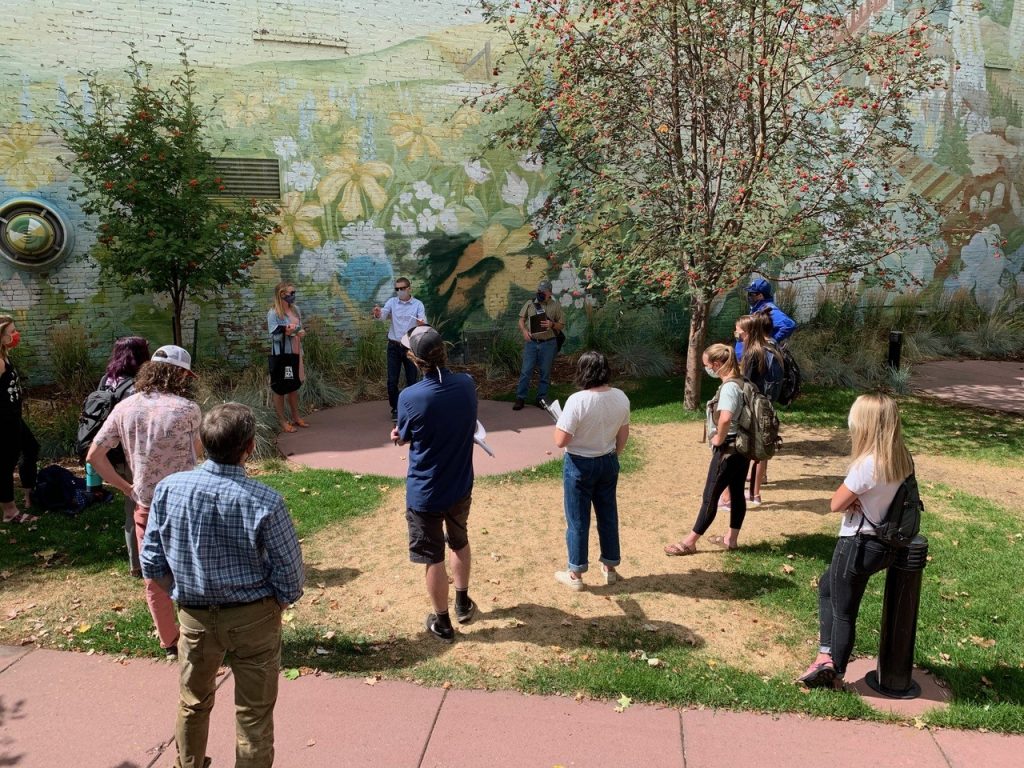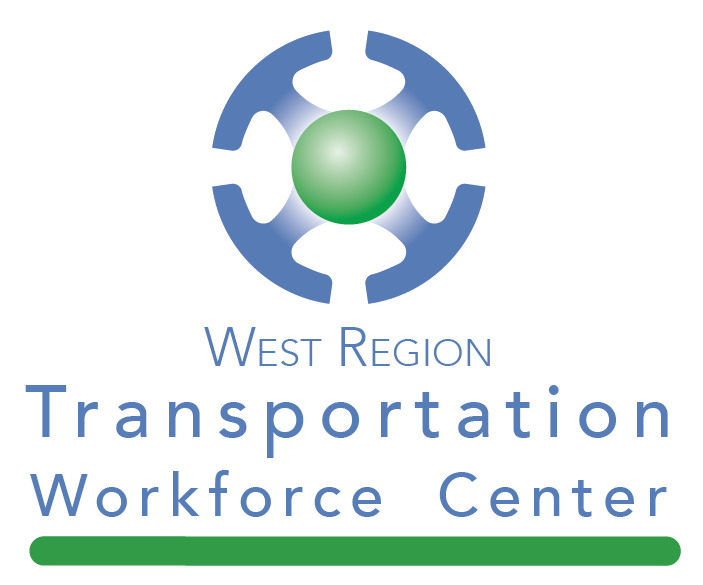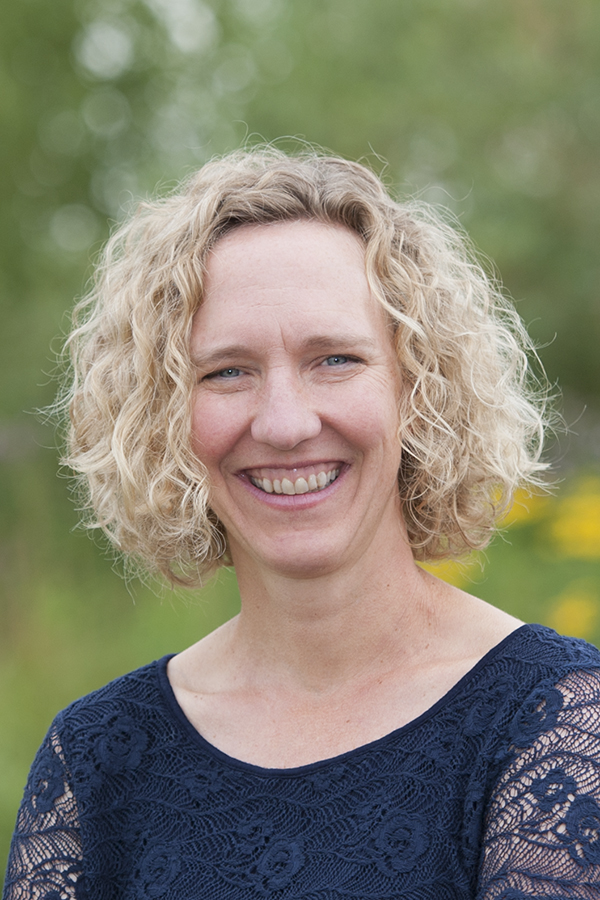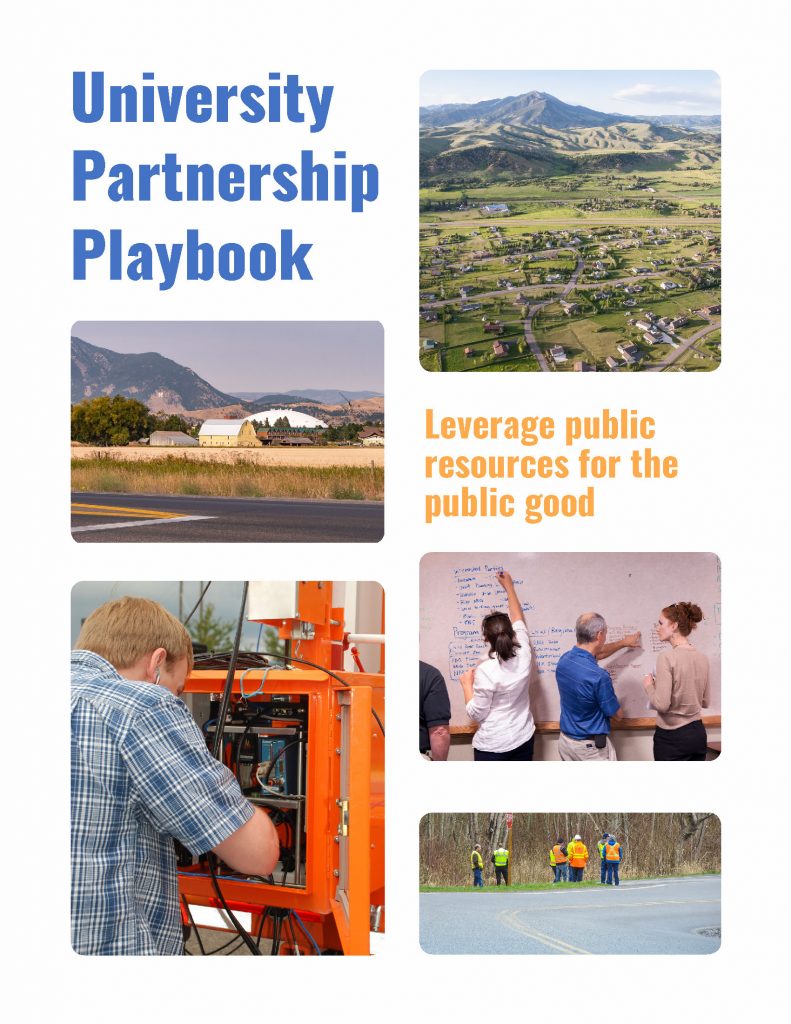Montana State’s WTI awarded $6.4 million by federal Transportation Department for workforce development
MSU News Service; Skip Anderson October 30, 2024 BOZEMAN — The U.S. Department of Transportation has awarded the Western Transportation Institute at Montana State University a grant to assist workforce development in the railway sector across the state of Montana. The $6.4 million grant is part of an infrastructure initiative funded by the DOT’s Federal […]
CATS Faculty Participant Receives Well-Deserved Recognition
WTI’s Community-engaged and Transformational Scholarship (CATS) program fosters course-based project partnerships between MSU faculty and students and public agencies or other community-based organizations. CATS provides a framework for agencies to harness students’ ideas, creativity, and energy while at the same time offering students the unique opportunity to work for a real client and to produce a […]
UTCs – TCUs Exchange Ideas at Albuquerque Summit
The Small Urban, Rural and Tribal Center on Mobility (SURTCOM) hosted a University Transportation Center (UTC) -Tribal Colleges and Universities (TCU) Summit in Albuquerque, New Mexico. The October 21st event, sponsored by a CUTC New Initiatives grant, brought together representatives from UTCs and TCUs nationwide to discuss strategies for advancing partnerships that will help connect […]
NPS Introduces Fellows on Transformation Tuesday
As part of its “Transformation Tuesday” series, the National Park Service (NPS) profiled three fellows from the Public Lands Transportation Fellows (PLTF) program who are currently serving NPS units or projects. PLTF Fellows are assigned to a federal land unit for one to two years, where they lead or support projects that enhance transportation options […]
STUDENT NEWS: CATS Participants Create Designs for Bozeman Park

In a recent feature article, Montana State University News Service detailed the contributions of MSU students to future plans for Soroptimist Park in Bozeman, Montana. The students are part of the Community-Engaged and Transformational Scholarship (CATS) program, led by WTI, which matches projects identified and prioritized by Montana communities with students and faculty in relevant […]
MSU News Highlights Upcoming Webinar on Workforce Development

The West Region Transportation Workforce Center (WRTWC), which is based at WTI, will host a webinar on October 7 (11 am Mountain Time), which will focus on “Engaging Multidisciplinary Student Talent to Meet Agency Needs.” Four speakers from MSU and the City of Bozeman will highlight the Community-engaged and Transformational Scholarship Initiative (CATS), a successful […]
WRTWC Will Kick Off Webinar Series on Transportation Workforce Development

MSU Speakers will highlight successful program offering professional development and career exposure to university students How do we inspire the next generation of transportation professionals and start filling growing workforce needs in the transportation sector? Join the National Network for the Transportation Workforce for a 4-part webinar series on how to achieve effective student career […]
“Rural Matters” at Commute.com

On April 1, Education and Workforce Program Manager Susan Gallagher presented at CommuteCon2020, a virtual gathering of national experts exploring issues related to the “science of smart commuting,” such as telework, commuter behavior, and emerging travel modes. Susan’s presentation, entitled “Rural Matters,” addressed how professional capacity building and workforce development initiatives are needed to support […]
WRTWC Releases “Playbook” for Launching University-Public Agency Partnerships

The West Region Transportation Workforce Center has released the University Partnership Playbook, a step-by-step guide for creating multi-project collaborations between public agencies and universities. The collaborations offer students hands-on transportation project experience within their university courses and provide agencies with added expertise and capacity for community-based projects. The Playbook uses the Educational Partnerships for Innovation […]
